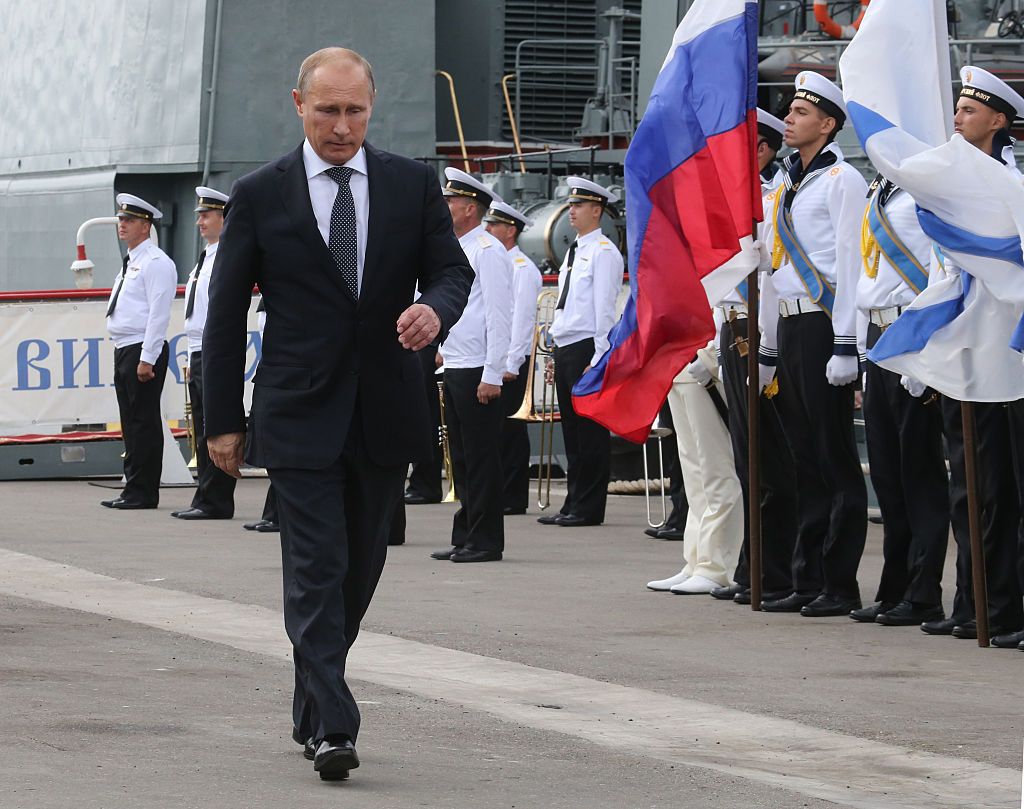Report finds Georgia makes limited progress on required EU reforms, risks drifting toward Russia

While Ukraine and Moldova have made significant steps toward the EU-mandated reforms required for accession to the bloc, Georgia has made only minimal progress and runs the risk of drifting toward Russia, a report by the EU's Eastern Partnership Civil Society Forum (EaP CSF) released on Jan. 24 found.
Ukraine, Georgia, and Moldova all applied for EU membership after the beginning of Russia's full-scale invasion of Ukraine in February 2022. The European Commission offered Georgia candidate status in November 2023, while Moldova and Ukraine were granted official recommendations to begin accession talks.
Of the 12 reform priorities laid out following Georgia's initial application, the report found moderate progress had only been made on two of the required reforms. Georgia took limited steps forward on seven others and made no progress on the remaining three.
“Basically in every area, there was a decrease (since 2022) in spite of the fact that the EU rewarded it with the candidate status,” said EaP CSF head Alexandra Sabou.
Georgia is "trending downward," according to the report's summary.
"The contradiction between Georgia’s aspirations for EU membership and its reluctance to adhere to the EU’s foreign policy consensus is glaring," the report's conclusion reads.
"While the Georgian government presents its foreign policy as pragmatic, its voting patterns clearly suggest a departure from an EU-style values-based normative approach."
Chief among the EU's concerns about Georgia's foreign policy are its inconsistent relations with Russia. Georgia has declined to take a strong stance against Russia or join in international efforts to strengthen Russia's isolation after the beginning of the full-scale invasion of Ukraine.
Georgian Prime Minister Irakli Garibashvili drew widespread criticism in May 2023 after he said that Ukraine was partially to blame for Russia's full-scale war.
Representatives from the ruling Georgian Dream party did not vote for the Oct. 14 Parliamentary Assembly of the Council of Europe (PACE) resolution that declared Russia a dictatorship.
Georgia also tried to enact a foreign agents law, which Sabou characterized as a "kind of a copy-paste from Russia, with some … local elements."
The law, which was withdrawn from consideration after massive street protests in March 2023, would have likely restricted the ability of independent media to operate freely by requiring any organization receiving funding from abroad to register as a foreign agent.
Sabou said Georgia's government is taking a page from Russia's authoritarian system.
“Dictatorships or autocratic regimes, they learn from each other. And I think there is definitely a learning curve that we see in some of the countries. We also saw it in Georgia,” she said.
Georgian citizens remain overwhelmingly in favor of joining the EU, with a poll released in November 2023 showing that 86% of respondents supported EU accession. Another 55% said they were in favor of joining the EU even if it meant "cutting trade ties with Russia."













